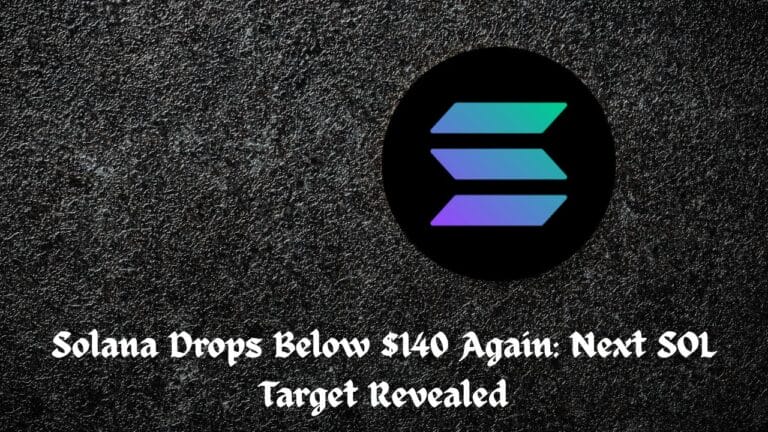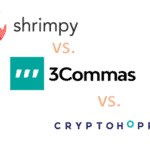Key takeaways:
- A report on the creation of a legal framework for the prospective application of stablecoins has been published by the central bank of Nigeria.
- The regulation of initial coin offerings (ICOs) is also covered in the paper.
In a recently revealed significant step, the Central Bank of Nigeria (CBN) unveiled intentions to develop a regulatory regime to control stablecoins and initial coin offerings (ICOs).
The “Nigeria’s Payments System Vision 2025” paper adds to the nation’s earlier initiatives to supervise the biggest crypto market in Africa.
The Central Bank of Nigeria (CBN) is attempting to formulate a regulatory precedent that could support the introduction of a stablecoin. Given that stablecoins could be a popular payment method in the nation, the paper emphasises the necessity for a structure.
December 2022 revealed talks regarding Nigeria wanting to legalise cryptocurrencies and bitcoin in the country. As per the local media reports, if the Investments and Securities Act 2007 (Amendment) Law gets passed, the Nigerian Securities and Exchange Commission (SEC) would be able to recognise cryptocurrency and other digital funds as capital for investment.
The CBN, for its part , perceives ICOs as a novel method for crowdfunding, peer-to-peer lending, and capital project finance. As a result, in the event that an ICO-based investment strategy is accepted, a policy structure was also necessary.
Contrasting to its emphasis on stablecoins and ICOs, the study was significantly more concentrated on the national CBDC, eNaira.
Less than 0.5% of the population was using eNaira as of 25 October 2022, more than a year after the currency’s debut in late 2021. The government has had a difficult time convincing its people to use CBDC despite its supposed advantages.
The CBN also emphasized the possibility for distributed ledger technology (DLT) and blockchain-based digital currencies to facilitate rapid, inexpensive value transfers without the need for a collaborator or an intermediary.
According to the recently published paper, the central bank and the Nigerian Securities and Exchange Commission (NSEC) would work together to regulate the cryptocurrency industry.
The report notes that because tokens would be a new asset class, the NSEC will have to provide a set of regulations, and the central bank would be involved in the payment component.
The CBN added that it would consult with pertinent parties before putting blockchain-based remittance solutions into practise.










